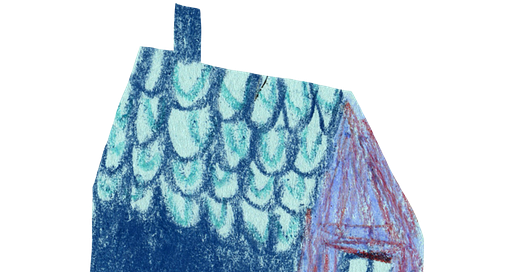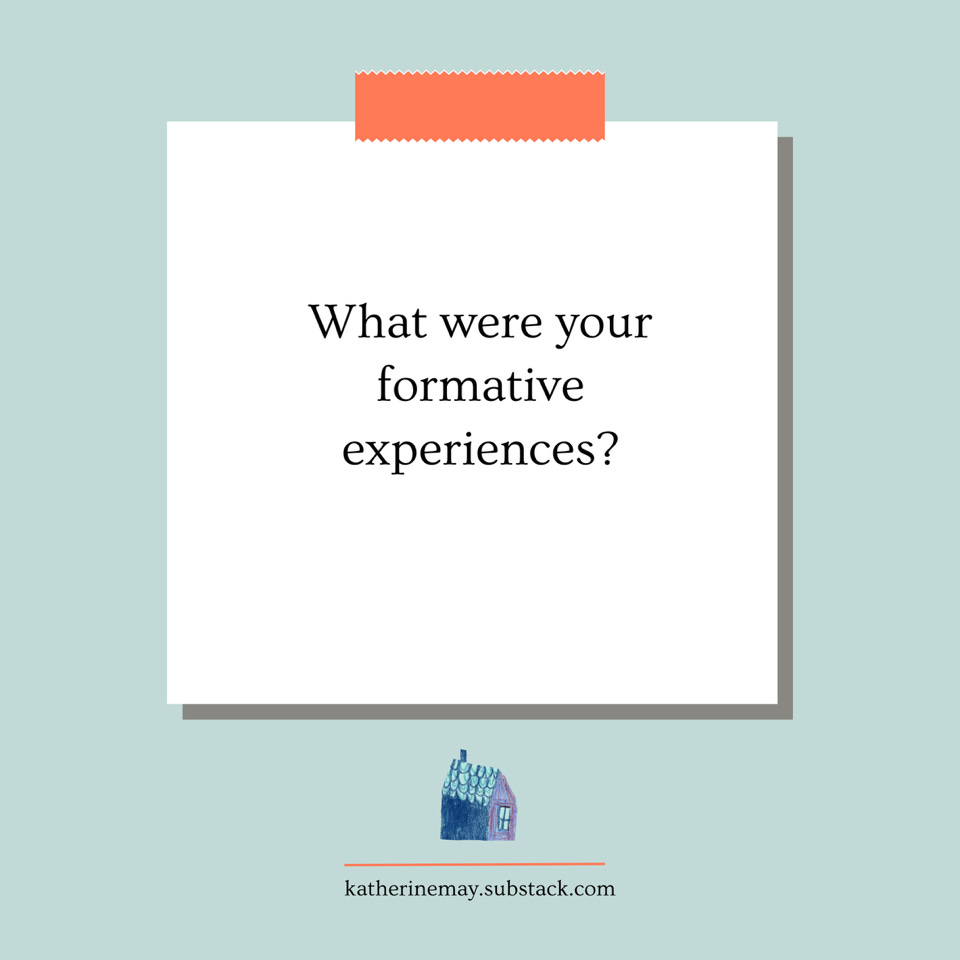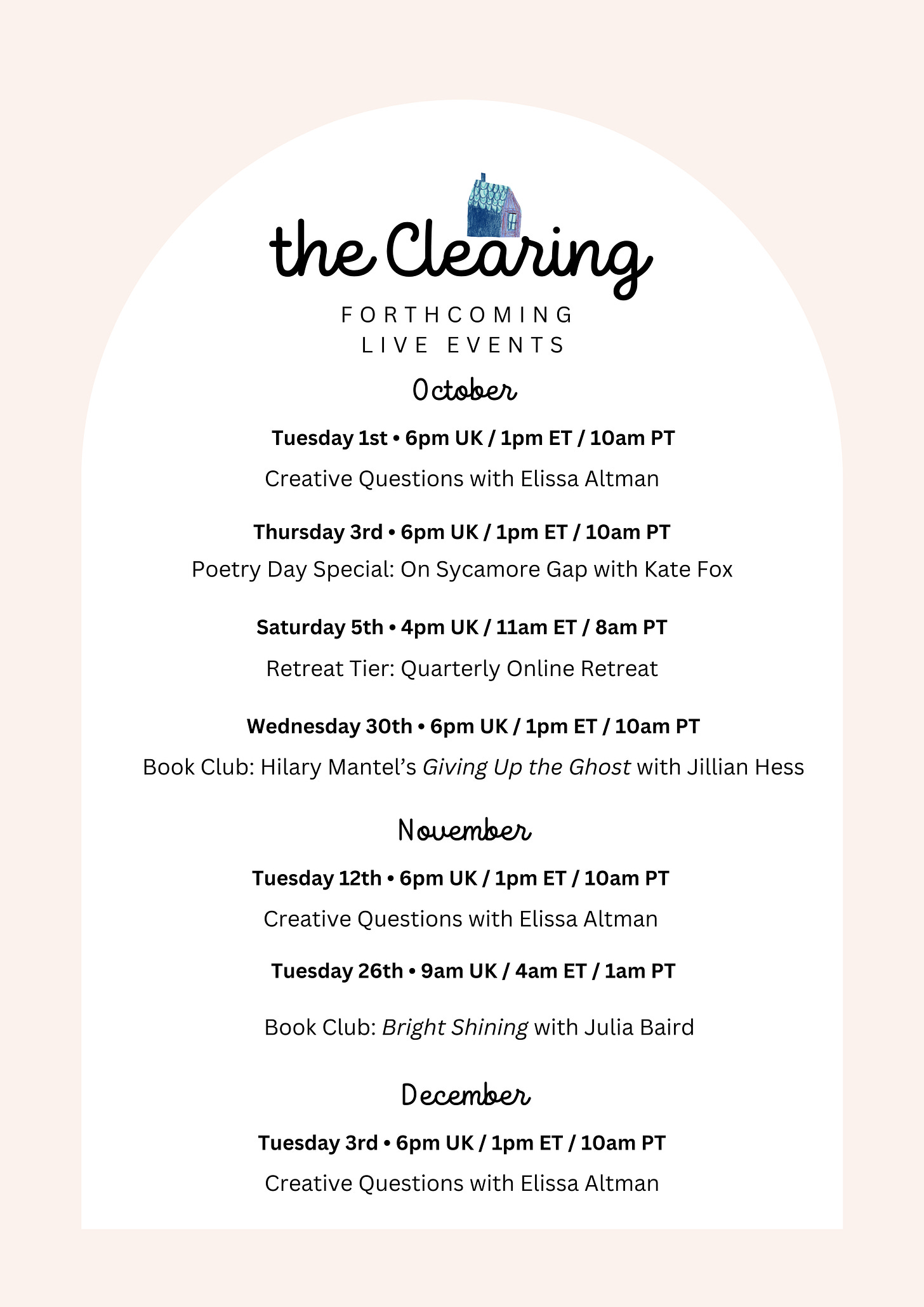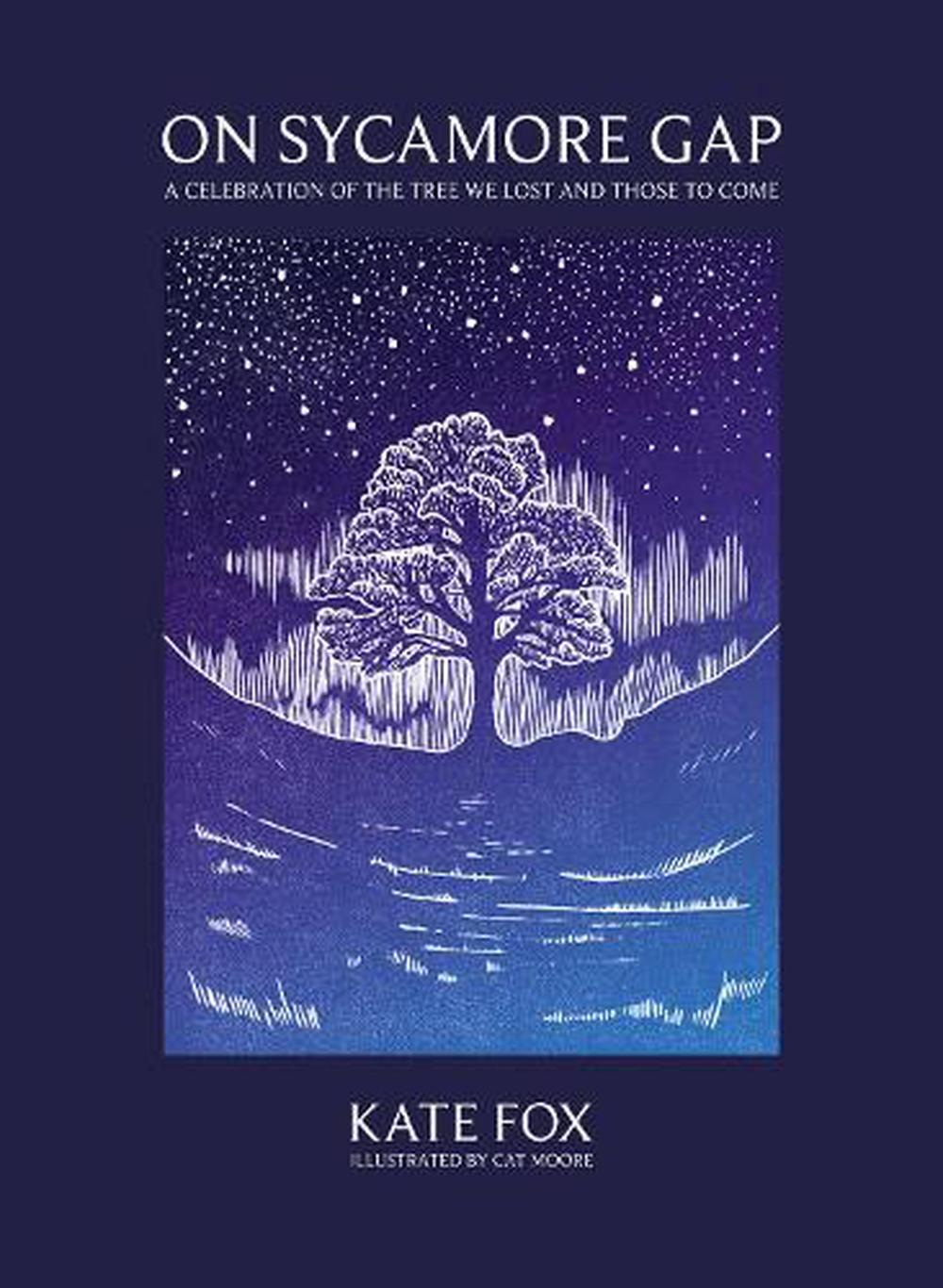Win my writing essentials • Scroll down to see all our forthcoming live events • News of October’s Book Club! • Paid members - send in your Creative Questions for Tuesday!
**This letter didn’t make it into everyone’s inbox yesterday, so we’re sending again. Apologies if you get it twice!**
Hello,
Modern parents - and I am one of them - dedicate an awful lot of brainspace to worrying whether we will damage our children. Our own parents didn’t give this a moment’s thought, but there you go: we are the trailblazing generation in trying to create perfectly adjusted children. It’s a pretty heavy burden to carry, and all evidence suggests that it’s not really working out for us. Nevertheless, we continue, teetering with worry as we go.
It’s a response to the way we talk about ourselves now - or at least the issue of how we’re formed. Our current conversation is usually about the negative aspects of our childhood experience, the things that went wrong, and the things that therefore restrict us today. It’s right that we’re finally talking about trauma, and that we’re coming to understand how young minds are stunted by neglect, but I worry that we’re taking it too far. Being parented was always a bumpy experience, and our quest for perfection only makes it more fraught. Most of us could afford to relax a bit.
Our current focus encourages us to only think about the negatives that shape us - but what about the positives? When I think back to the experiences that formed me, I rarely think about my parents at all. Instead, I return to moments of agency: times when I dug deep, decisions I made, relationships I navigated. It seems to me that these were my formatives; not the stuff that happened to me, but the stuff I did.
My favourite memory is a time when I got stuck in London without a ticket, and I had to walk from one end of the city to the other. I was sixteen, and had no phone because it was the olden days; only a paper tourist map. It was exhausting and scary, but I did it, and I’m still ringing with the sense of triumph now. I draw on it whenever I need to show myself what I can do - to believe in my own grit. In many ways, it formed my self-conception. I am a person who can dig their fingernails into their palms, and get on with it. That one memory has taken me a long way.
Formative experiences are not events that we passively receive, but moments in which we are active in our decision-making, and in our response. Even when they were mistakes, they show us how we could behave differently in the future. Most importantly, they point us towards the possibility of continuous change: we have made decisions before - important, life-defining ones - and we can make them again.
We should definitely come to understand our trauma, but we should also counterbalance it with how we grew. Maybe it lets us off the hook a little in the present day, too.
Today’s prompt invites you to explore the choices that made you.
There’s a particular pleasure in talking about formative experiences - here are three different ways of approaching them. As always, write in as much privacy as you need, and don’t be afraid to pick and choose what you take from this exercise. It’s yours!
Culture
Describe a cultural experience that changed you: a record, a movie, a book, a work of art, or a live event.
Write about how you came to encounter it, and what effect it had on you.
Relationships
Write about a relationship you had in your late teens or early twenties - a romantic partner or an intense friendship. What did you learn about yourself in that relationship? What knowledge or skills do you still draw on now?
Grit
Write about an experience that showed you what you’re capable of. Look for a moment when you had to show some grit, and when you surprised yourself with what you could cope with.
Describe how you felt when faced with the task, while you were undertaking it, and after you’d finished.
How do you draw on it in your current life?
If you feel like sharing something, I’d be so interested to hear about a formative experience in the comments!
Take care,
Katherine
Thank you for reading this edition of The Clearing!
I’m excited to announce that we’ve slotted in an extra event for National Poetry Day!
We’ll be celebrating the launch of Kate Fox’s On Sycamore Gap, a collection of poems about the famous tree, beloved of local walkers and cinema audiences alike, that was so brutally felled last year. She’ll be joining me in conversation, and I hope you can be there too.
Thursday 3rd October
6pm UK / 1pm ET / 10am PT
The Zoom link to attend live is here, or add the event directly to your digital calendar using the button below.
If you think a friend or loved one would enjoy The Clearing by Katherine May, gift subscriptions are available here | Website | Buy: Enchantment UK /US | Buy: Wintering UK / US | Buy: The Electricity of Every Living Thing UK / US
This newsletter may contain affiliate links.








Thanks Katherine, such great prompts
Questions. How do you structure yourself and your time for writing a weekly Substack newsletter? What are your goals? What are your parameters? How do you plan your week? Is your approach any different than writing a longer essay? Asking for a friend.